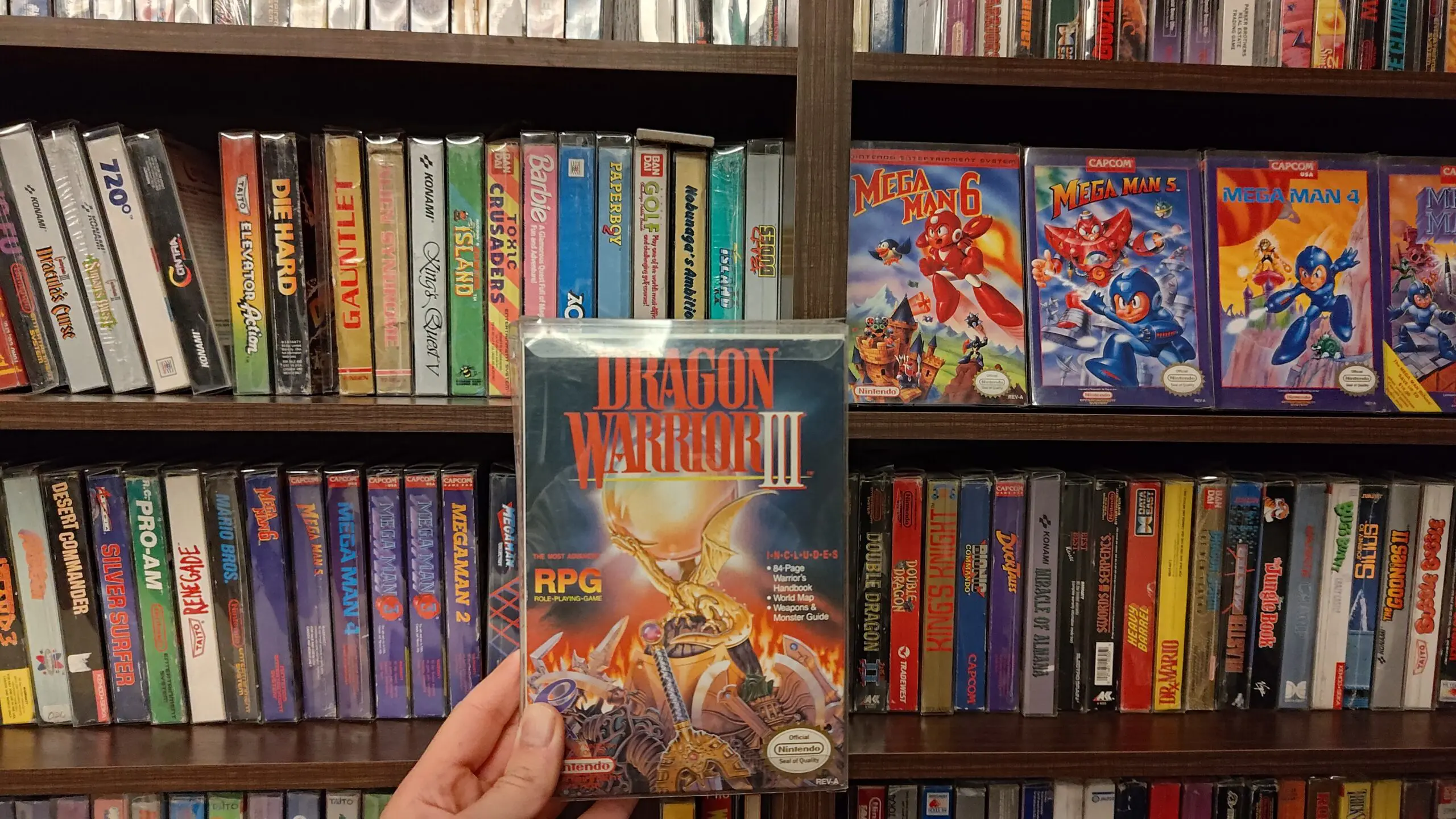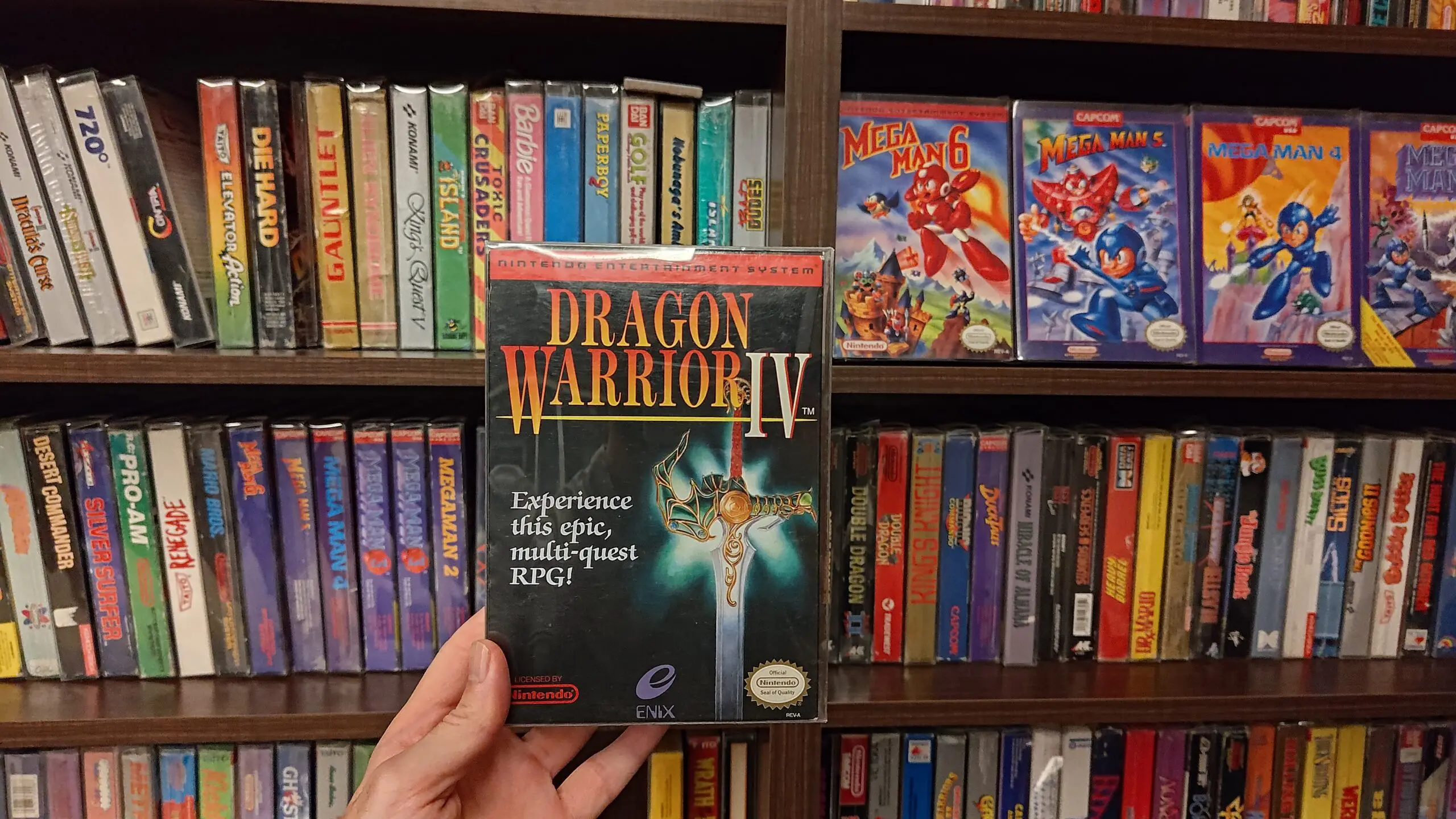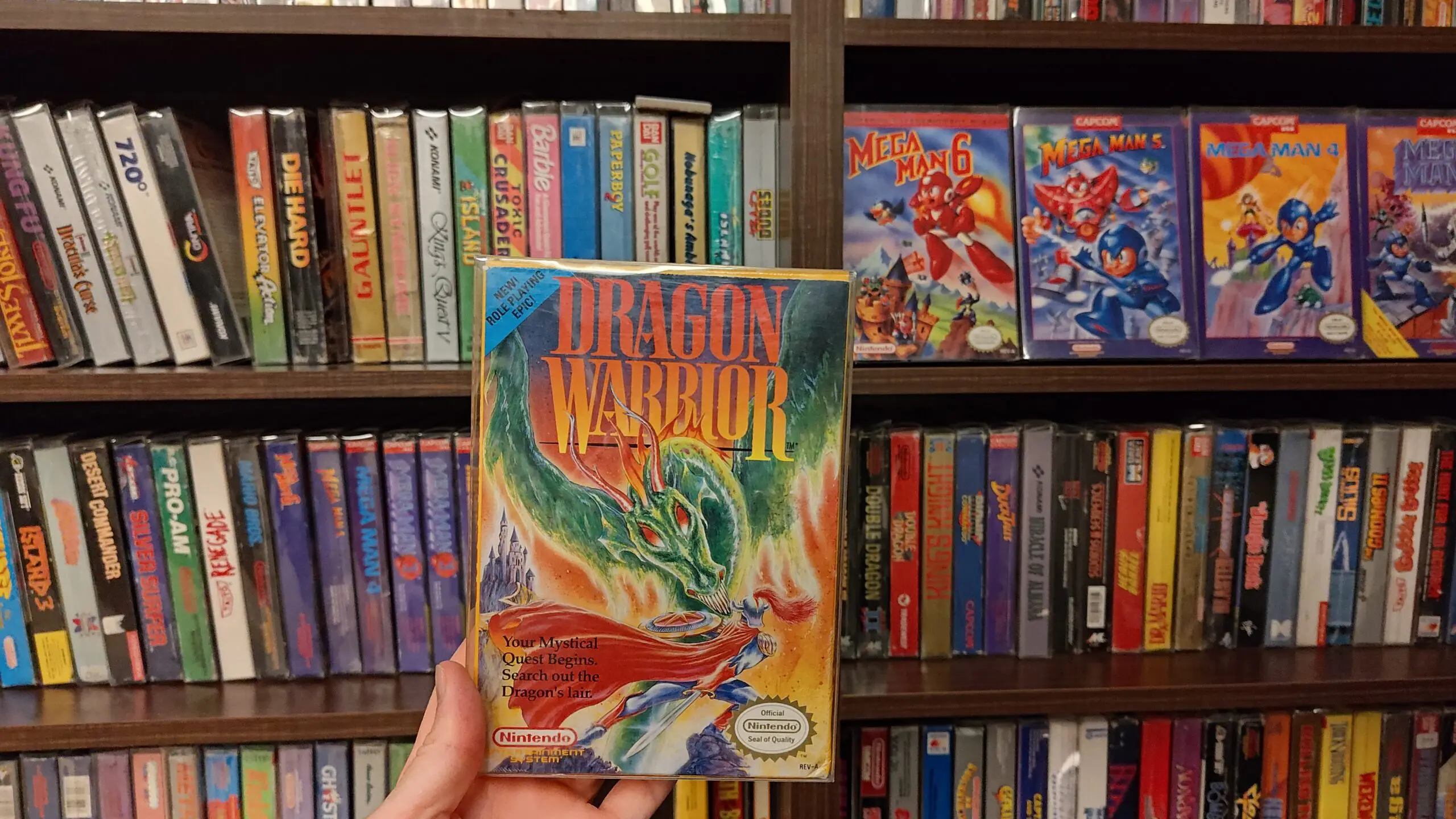Few gaming series hold as much influence and importance in the realm of video games as Dragon Quest. Regarded as the catalyst for Japanese role-playing games in their contemporary form, this franchise introduced numerous foundational elements to the genre, ranging from in-game menus to turn-based combat. Even today, these games continue to be celebrated as some of the finest creations in the medium.
Boasting a prestigious lineage spanning over thirty years and encompassing numerous titles, Dragon Quest has provided a diverse range of gaming experiences that cater to both seasoned players and newcomers.
We will be ranking only the NES Dragon Quest games based on our experience playing them.
Dragon Warrior III (Dragon Quest III)
Dragon Quest III is widely regarded as a prime example of how to make a role-playing game, expanding on the success of the series’ initial release. The implementation of the vocation system, providing distinct skills for each character, laid the foundation for future job systems seen in games like Final Fantasy III and V. This feature brings a personalized element to the game, enhancing uniqueness for every player. Exploration and combat in Dragon Quest III show significant enhancements from previous installments, making it conducive to enjoyable short gameplay sessions. While the storyline may have occasional shortcomings, it retains pivotal aspects that contribute to a rewarding overall experience. It is no surprise that Square Enix has revealed an HD-2D remake for this iconic installment.
Dragon Warrior IV (Dragon Quest IV)
Dragon Quest IV introduced a groundbreaking approach to the RPG genre by presenting its narrative through separate chapters focused on different members of the main team. This innovative structure allows players to explore each character’s background and significance in the overarching adventure. The original NES version of the game remains impressive, but the remakes on Nintendo DS and mobile platforms elevate the experience with modern enhancements while staying true to the game’s core essence. While the storyline of a young hero battling a great evil may seem familiar, the individual character emphasis adds depth and coherence to the overall narrative, setting Dragon Quest IV apart in the realm of role-playing games.
Dragon Warrior (Dragon Quest)
The original Dragon Quest game, while appearing outdated by today’s standards, holds immense importance in shaping the RPG genre. Its turn-based combat and first-person enemy designs served as a model for countless games that followed. Despite its simple story and controls, it offers a satisfying and comprehensive adventure in just a few hours. Many common RPG tropes can be linked back to the foundational elements introduced in this inaugural installment.
Dragon Warrior II (Dragon Quest II)
Dragon Quest 2: Luminaries of the Legendary Line may not have surpassed its predecessor visually, but significant effort was put into enhancing the RPG experience. The storytelling, music, and art direction were notably refined in this sequel, released just a year after the original in 1987. However, the game’s excessive difficulty sometimes feels unfair, ultimately making it one of the less enjoyable entries in the series.














